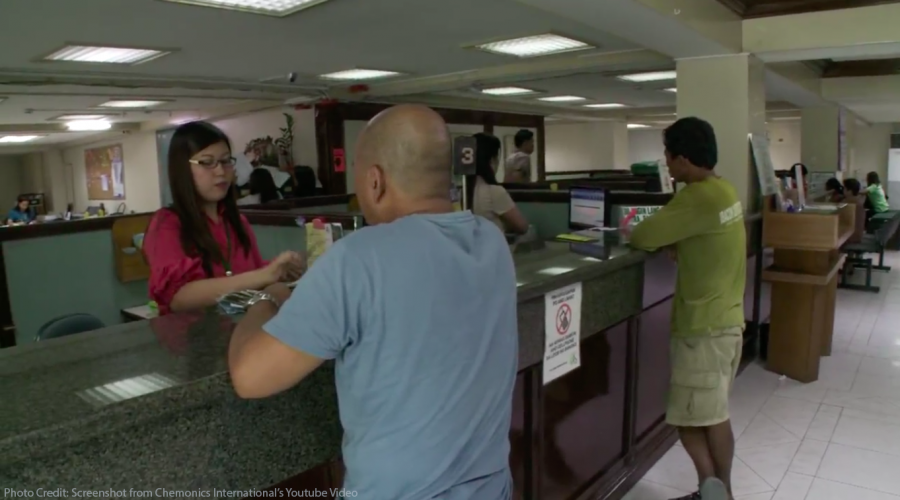Bam: MFI NGOs provide lower-interest, no-collateral loans to poor, micro-businesses
Rather than be burdened by high-interest loans collected by loan sharks and other informal lenders, Sen. Bam Aquino encouraged the public to approach microfinance non-government organizations (MFI NGOs) for lower-interest and no-collateral financing.
“Madali nga ang proseso ng pangungutang sa 5-6 subalit pinapatay naman tayo sa laki ng interes sa kanilang mga pautang,” said Sen. Bam.
“Upang hindi na tayo mabigatan sa malaking interes, subukan nating lumapit sa mga MFI NGOs sa iba’t ibang bahagi ng bansa na nagbibigay ng pautang sa mas mababang interes at walang kolateral,” added Sen. Bam.
Sen. Bam explained that some micro-business owners were forced to close shop due to the high interest being collected by loan sharks. But businesses flourished after obtaining loans and undergoing training from different MFI NGOs in the country.
“Huwag sayangin ang kita sa malaking interes na sinisingil ng 5-6,” said Sen. Bam.
Aside from low-interest loans, MFI NGOs also provide clients with trainings and other business development skills that they can use to grow their livelihood. MFI NGOs also help in community organizing and values formation and offer other services like insurance and education and health-related loans to their regular clients.
Before he was elected as senator, Sen. Bam worked with MFI NGOs as a social entrepreneur.
During his term as chairman of the Committee on Trade, Commerce and Entrepreneurship in the 16th Congress, Sen. Bam sponsored and co-authored Republic Act 10693 or the Microfinance NGOs Act to ensure MFI NGOs continue to operate and serve poor Filipino communities.
Sen. Bam said the MFI NGOs Act will help eradicate 5-6 by giving Filipinos an alternative means to obtain low-interest, no-collateral loans.
Republic Act 10693 gives incentives to MFI NGOs to continue helping Filipinos overcome poverty not just through financing but also through financial literacy, livelihood, and entrepreneurship training.
The law also provides MFI NGOs needed support and incentives that includes access to government programs and projects, technical assistance and exemption from taxes.
In addition to the MFI NGOs Act, Sen. Bam will be looking into other measures where government can further support the MFI sector.
Microfinance NGOs have been operating in the country since 1986. According to latest data, MFI NGO members of the Microfinance Council of the Philippines, Inc. (MCPI) have five million active borrowers.
For a full list of MFI NGOs in the country, please visit http://www. microfinancecouncil.org/ regular-members/.

Recent Comments